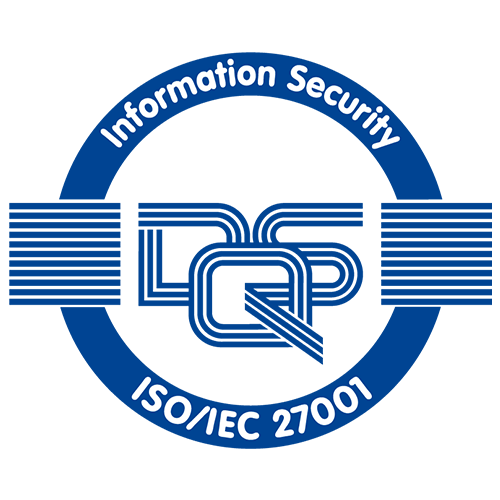Meeting customer expectations or even exceeding them is imperative for the success of businesses in the digital age. This does hold even in the financial services sector. In fact, as the primary goal is providing advice and targeted investment-focused insights, the financial services sector needs to have an extra-sharp eye on everything that impacts the customer relationship, and this is where CRM software can become a key pillar of operations.
As more digitally savvy customers flock to digital avenues for their investment needs, financial service companies need to ensure that they provide a customer experience that is omnichannel in scope.
Let us see how a CRM can empower financial services to improve their business prospects and realize more value for customers.
Seamless Onboarding 
Customer onboarding is one of the most important steps in a financial services company’s operational ecosystem. This is also the stage where customers face a substantial amount of frustration and anxiety as they have to jump through regulatory hoops and wait for activities to kick off.
Ensuring that the right details are captured and stored away for further processing can become a key contributor to successful data and information exchange mechanisms needed to encourage digital transformation in this crucial process in the financial services sector. With a CRM, associates interacting with a potential customer can capture all their essential details and log them into a highly functional central system. These details can then be routed to different departments or personnel to ensure that there is a smooth on-boarding experience for every new customer. KYC checks, biometric verification, document retrieval, and customization of account privileges can all be accomplished easily if financial services firms rely on a powerful CRM platform for their customer relationships.
Enabled powerful Customer Segmentation 
With a CRM solution, associates in the financial sector can create a holistic and 360-degree view of their customer universe based on different attributes such as demographic status, age, income or expenditure, gender, assets owned, investment objectives, and much more. Modern CRM’s thus help to put customers into various segments for more meaningful and targeted action. For instance, customer segmentation is a crucial first step towards the offering of personalized experiences to customers in any segment and financial services is no exception. By leveraging deep analytical learning techniques, autonomous segmentation of customers from the data inside the CRM is possible. This eliminates the need for constant supervision of leads and accounts of the enterprise.
Deploy Targeted Campaigns 
In the previous point, we stressed the importance of segmenting customers. Once this is achieved, the CRM can help supply valuable insights to email and other marketing automation platforms to deliver the right marketing content to the right audience to ensure greater conversions driven by relevance. For financial service companies, it is important to get the message out loud and clear. These messages need to be specific and well-timed to be actionable. Especially in the case of investments, timing is a critically important consideration, so the better timed the message, the greater the chance it will generate and investment action. Since there is a lot of financial credentials involved in every engagement, customer actions are more likely to be driven by clear and targeted campaigns reaching their mailbox rather than them having to study and pick from volumes of content that comes their way.
Intelligent Reporting 
Financial services organizations need to manage several data assets and their informational needs simultaneously. Customer information is one part, and their interests, goals, asset portfolios, etc. for the bulk of the rest of the data. Customers want transparent, real-time visibility into their portfolio at all times. They also want their advisors to have this visibility so their advice can be current and relevant to the moment. With today’s next-generation CRM platforms, financial associates get a clear picture of the status of every investment that a customer has in his or her portfolio. They also get to know the transaction and allocation status of funds, financial goal progress, portfolio options, disbursals, etc. The CRM system will provide detailed reports to various stakeholders in real-time thereby ensuring transparency and also guarantee compliance with regulatory standards.
Improve Competence 
New-age fintech companies are chipping away at the market share of traditional banking establishments by leveraging the power of state-of-the-art technology. Studies by EY show that the global adoption of fintech grew to 64 % in 2019 from just 16% in 2015. These figures were obtained even before the 2020 pandemic. The pandemic hastened the adoption of digital strategies by consumers. The financial sector had its share of problems in meeting the expectations of today’s digitally savvy customers. With a functional CRM, financial services companies can project a more modern outlook and improve digital competency. The CRM can support the deployment of highly intuitive customer and agent portals to easily manage information retrieval across markets, asset classes, and geographies.
As more people enter the digital economy, a CRM can help financial services companies focus more on fortifying their relationships with customers while they manage operational overhead and information exchange from popular digital services. Accelerating the push to a digital-first economy requires powerful digital infrastructure as well as an intuitive CRM for financial services to help manage customer relationships better.


